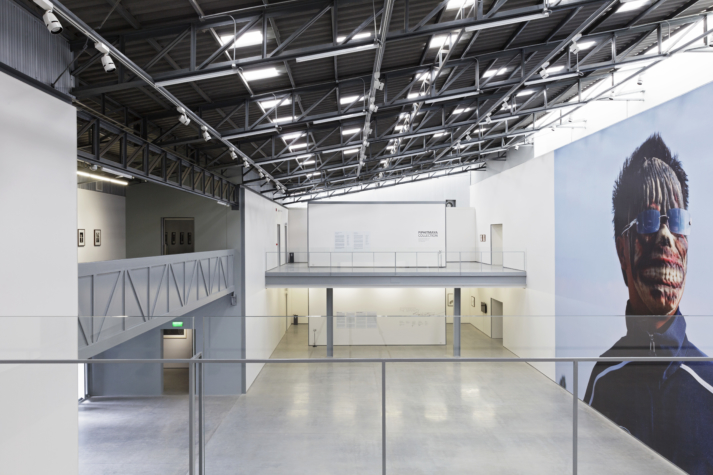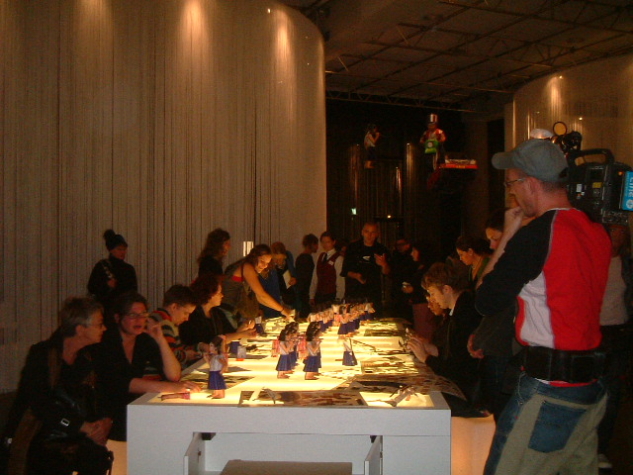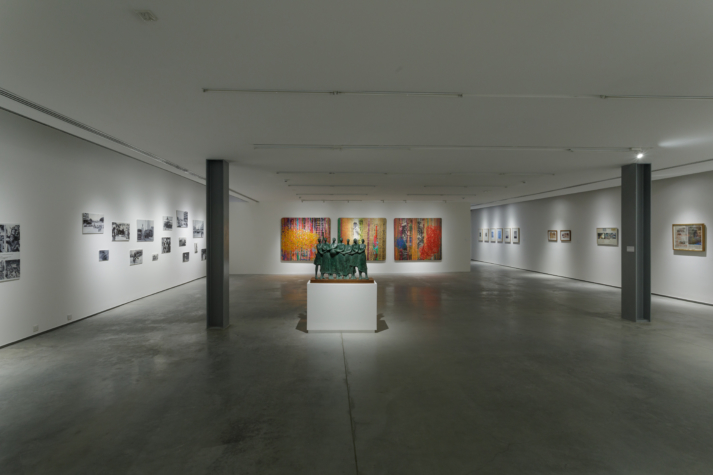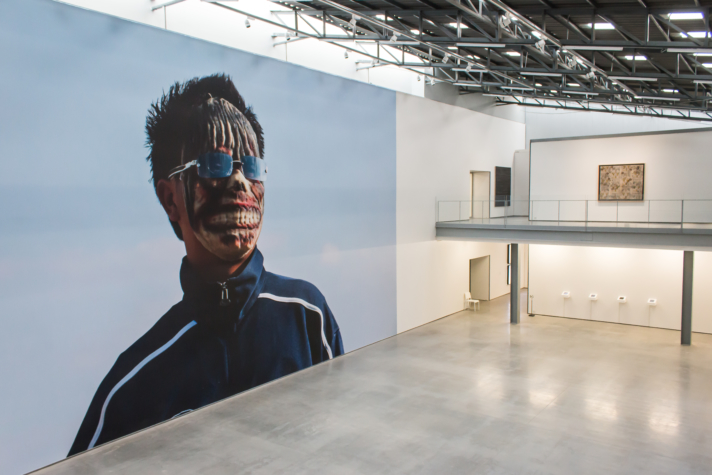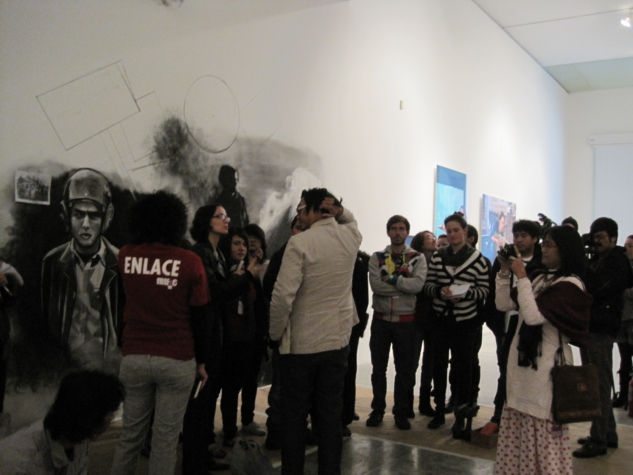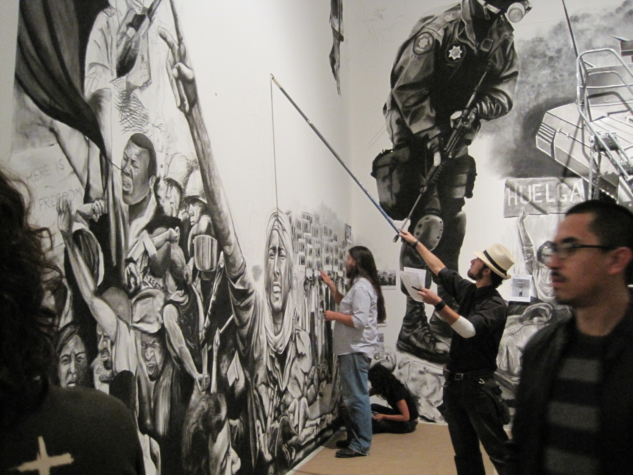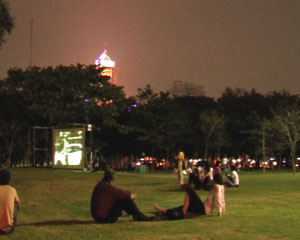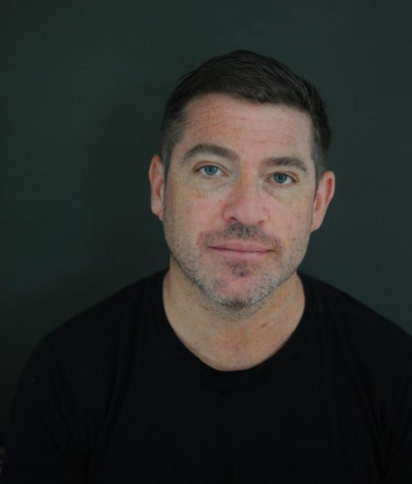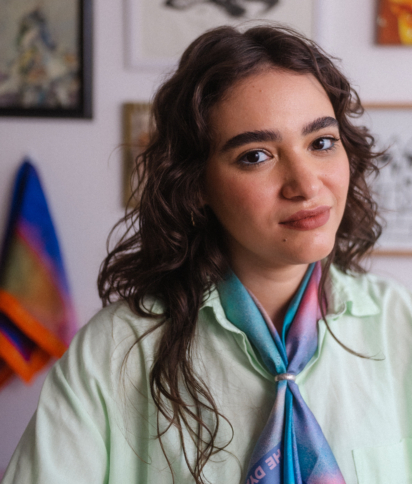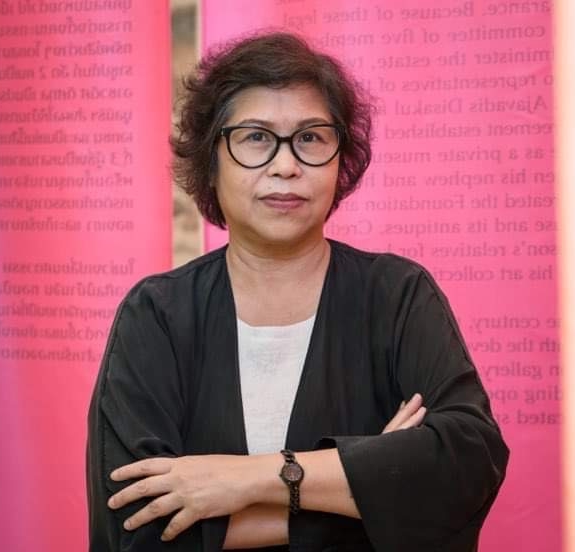
The Decentralization of the Southeast Asian Art Scene
With Gridthiya Gaweewong
The Southeast Asian contemporary art scene has emerged asynchronously since the dawn of globalization. This class will unfold the entanglements of contemporary art scenes from different loci on the Southeast Asian peninsula and the archipelago. It will explore the decentralization process of the contemporary art activities in the region. Many key players are artists - curators who initiate the collectives, art festivals and socially engaged art in their hometowns. These emerging practices, started in the 1990s, have resurfaced and are slowly spreading like networks of mushrooms in the forest. The vibrant art scene escalated when Indonesian artists collective, Ruangrupa curated the recent Documenta Fifteen, when many Southeast Asian collectives participated in the Lumbung (rice barn) concept of sharing resources within their community and beyond, and have continued their collaboration back home.
The class will be a combination of lectures and conversations with guest artists and curators who play critical roles in driving their local scene in the region and beyond. Questions to explore include: What kind of feedback and strategy have they used to continue their collaboration and expand their network across the universe? How have they dealt with the struggle to sustain themselves in today's context? What are their major concerns, discourses and engagement with the regional and global art community? How did they deal with the after effects of colonial and cold war history? What’s their reaction and strategy to decolonize and decentralize from major power within their own nation/state and beyond? How can they survive in the post-Covid period and what are their expectations for the future?
***ALL Classes include FREE & Continuous Membership Access to our virtual campus Programming called Student Life
** Payment Plans Available
May 16th - 25th
Tues & Thurs
8 - 10:30 am EST
15
Students Max
$750
USD
Gridthiya Gaweewong co-founded the Bangkok-based independent art organization Project 304 in 1996. Her curatorial projects have addressed issues of social transformation confronting artists from Thailand and beyond since the Cold War. Gridthiya has curated various regional and international exhibitions including Under Construction, Tokyo Opera City Gallery and Japan Foundation; Forum Japan (2003). She has co-curated with regional curators on several occasions, including ‘Politics of Fun’, an exhibition of artists from Southeast Asia, with Ong Keng Sen at Haus Der Kulteren der Welt, Berlin (2005), with Apichatpong Weerasethakul, ‘Bangkok Democracy’, and the 4th Bangkok Experimental Film Festival, Bangkok (2005), and with Rirkrit Tiravanija on Saigon Open City, Ho Chi Minh City (2006). She curated Apichatpong Weerasethakul’s The Serenity of Madness at MAIIAM Contemporary Art Museum, Chiangmai, which toured Asia, Europe and the USA (2016-2019) (Commissioned by ICI, New York); and served as a member of the curatorial team for Imagined Borders, the 12th Gwangju Biennale, Gwangju, South Korea (2018). Her recent exhibition was entitled Errata, Collecting Entanglements and Embodied Histories at MAIIAM Contemporary Art Museum, Chiangmai, initiated by the Goethe Asia Pacific regional office in partnership with Singapore Art Museum, National Gallery, Jakarta, and Hamburger Bahnhof, Berlin (2021-2022). Gridthiya is currently serving as co-artistic director (with Rirkrit Tiravanija) of Thailand Biennale, Chiang Rai 2023. She lives in Bangkok, where she works as an artistic director of the Jim Thompson Art Center, Bangkok.
More Classes
Live online classes with the world’s best artists and curators
Let’s Make A Show
This course offers an opportunity for artists to work with other artists to make exhibitions together. This course is led by and facilitated by Nato Thompson, who has already had tremendous success in his courses at The Alternative Art School, working with artists to figure out ways to make exhibitions together. The basic motto is: rather than waiting for someone else to give you a show, artists can work together to produce exhibition opportunities. Of course, these will not be classic exhibitions in white cube galleries, but instead provide lower-cost fun ways in the spirit of Fluxus to get their work out into the world and into conversation with new audiences and artists. Past examples include work trades in living rooms or even on refrigerators, WhatsApp exhibitions, PowerPoint shows, PDF exhibitions, collective meditations, postcard campaigns, and more.
Lost & Found:
Artistic Approaches to the Photographic Archive
This two-hour, fully theoretical workshop is designed for those interested in reinterpreting personal or found photographic archives—whether working with printed photographs, film slides, film negatives, or other materials. Through discussions on contemporary artists, alternative techniques, and unique installation methods, participants will gain new perspectives on how to engage with archival imagery. The session will provide inspiration and strategies for transforming archival materials into meaningful artistic expressions.
Crash Course in Adobe Premiere Pro:
Video Editing Basics
This one-day intensive workshop is designed to get you up and running with Adobe Premiere Pro. Learn the essential tools and workflows to create high-resolution, professional-quality video works. We'll cover importing footage, basic editing techniques, timeline navigation, multi-channel video editing, and exporting for different platforms. Perfect for beginners or those looking to sharpen their foundational skills, this crash course will give you the confidence and tools to start editing with clarity and creativity. This course will be recorded for anyone unable to make it LIVE.
